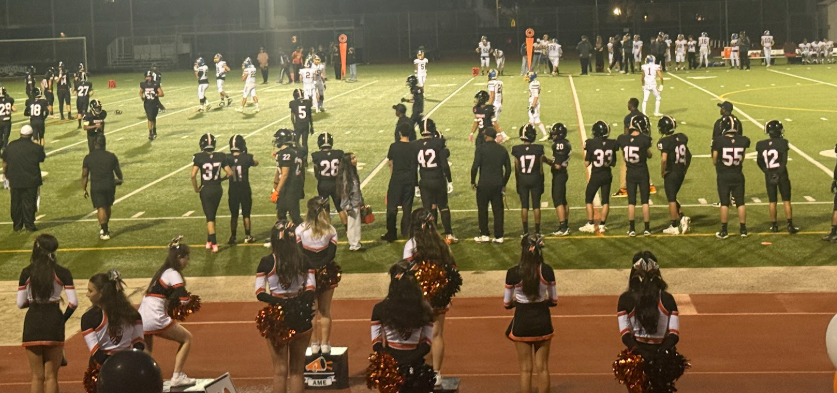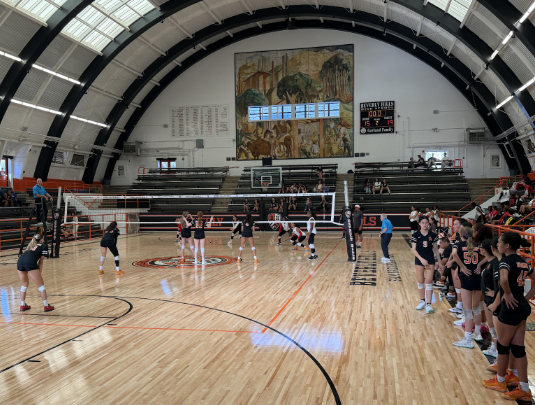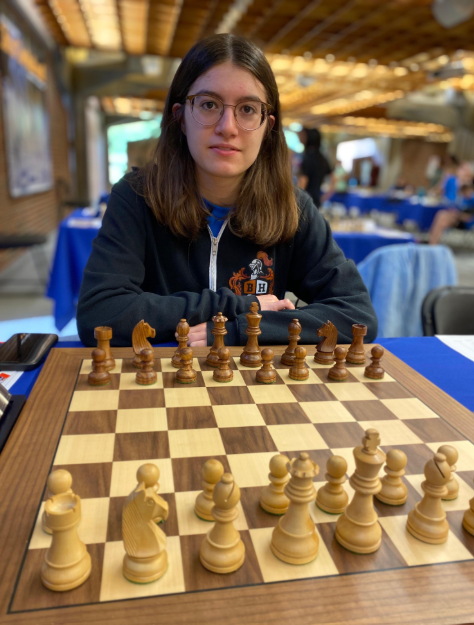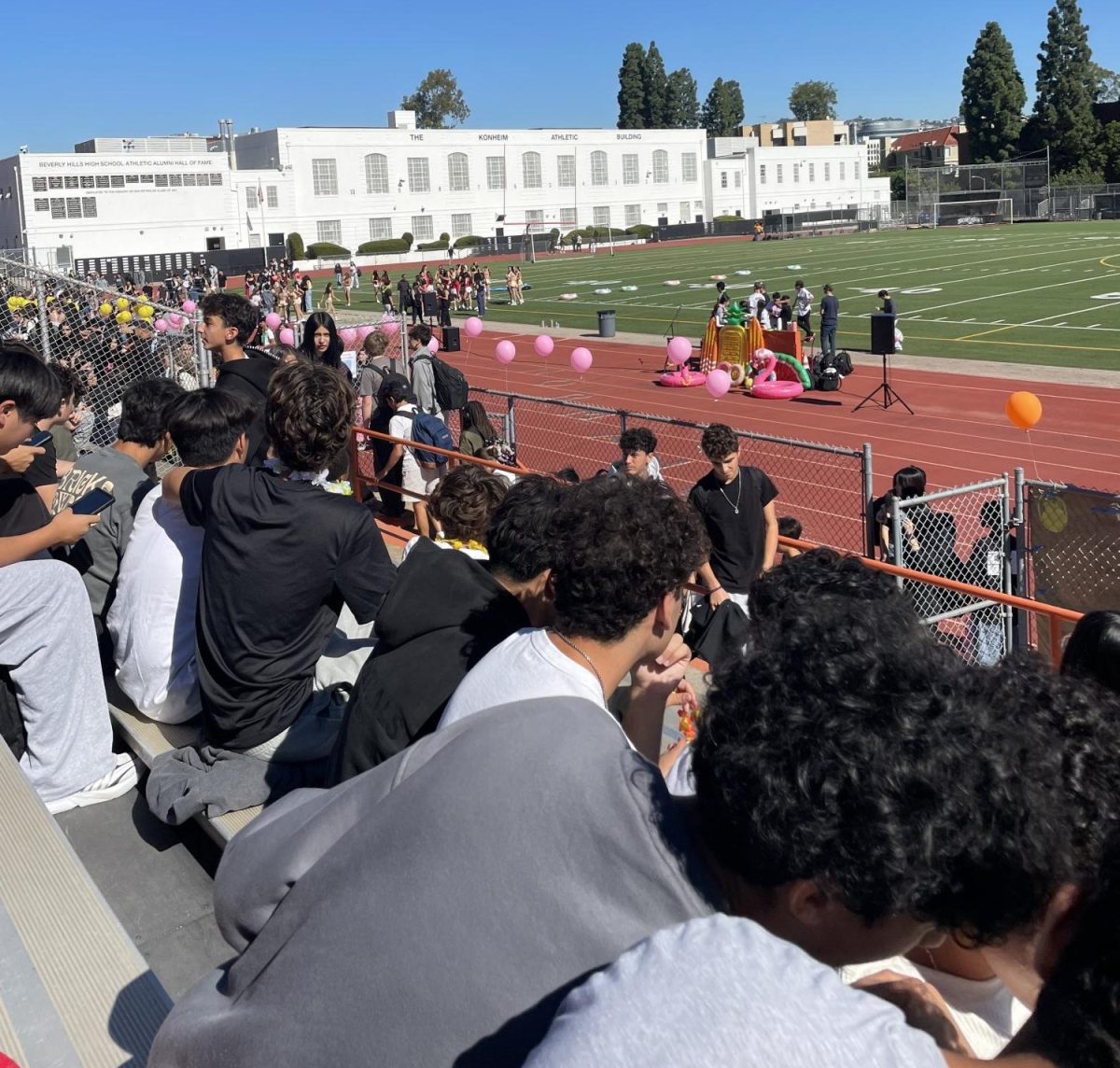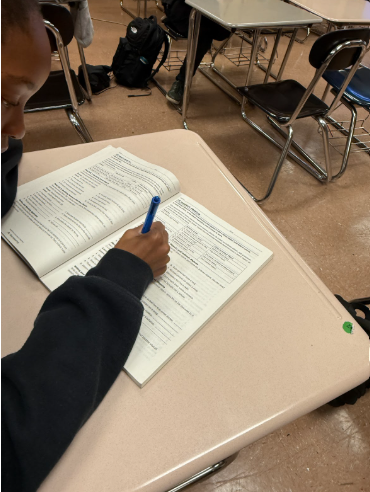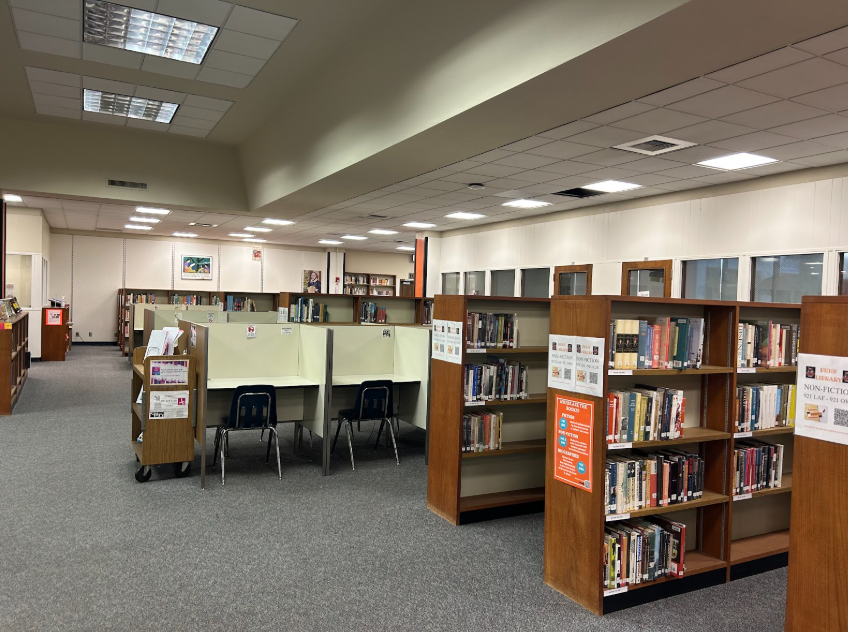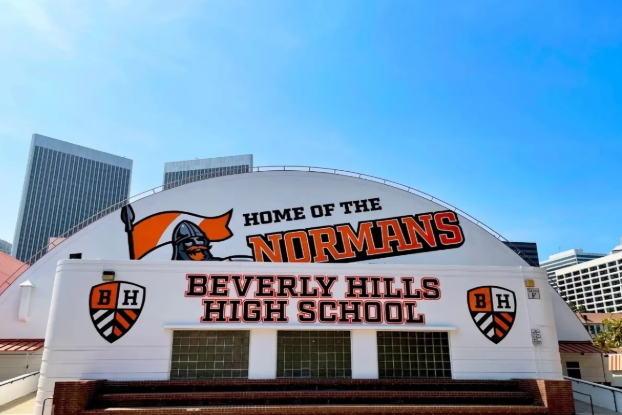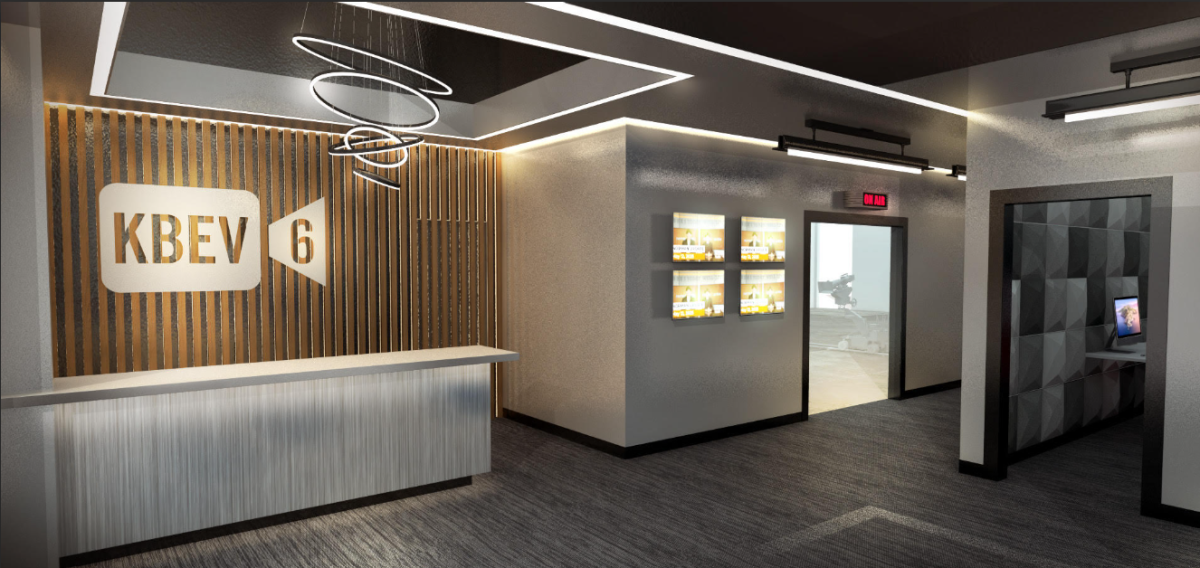Nirav Desai, staff writer
In addition to the claiming of 130 lives, the recent terrorist attacks in Paris have spurred some to call into question why international attention has been focused largely on the events of Nov. 13 rather than on similar massacres that occurred in the past month in other areas of the world.
Beirut, Lebanon’s capital city, experienced its deadliest day since the end of the Lebanese Civil War in 1990 with a set of two suicide bombings on Nov. 12 that ended the lives of 43 civilians while the Nov. 20 hostage situation in Bamako, the capital city of Mali, resulted in 20 deaths. However, neither tragedy garnered enough buzz to share airwaves with the situation in Paris for more than a few hours, a reality that does not sit comfortably with senior Max Bell.
“These things happen literally every day. Yeah, lots more people died in Paris than in the other ones, but that shouldn’t mean you only have to care about what happened in France. A bunch of kids in my history class didn’t even know about what happened in Mali until my teacher mentioned it, but I know for a fact that they knew about the Paris stuff. That’s kind of messed up if you think about it,” Bell said.
One thing that has successfully split media attention with the Paris attacks has been the domestic political response to the epidemic of bombings and shootings. Presidential candidate Ben Carson recently likened Syrian refugees to rabid dogs, and 28 state governors have publicly refuted the Obama Administration’s previously-announced plan to provide refuge for 10,000 Syrians by the end of the 2016 fiscal year, prompting backlash from Americans empathetic toward the refugees’ plight, such as senior Andy Park.
“I highly disagree with all this blaming the immigrants and anti-Muslim stuff. I think the U.S. needs to take in even more immigrants than just the 10,000. I think we should invite 500,000 of them and relocate them to someplace like Arizona where they can adapt and live with all the racist people who don’t want them here,” Park said.
While the succession of deadly attacks has seemingly slowed since the mass shooting in Mali, rhetoric that is arguably Islamophobic continues to increase, with armed groups now demonstrating in front of American mosques and expressing attitudes that senior Sean Taghdis, a Muslim, finds perplexing.
“I don’t think people at Beverly think [Muslims] are all terrorists that are just waiting for a moment to strike, but you definitely get the vibe that idiots [in other parts of America] kind of expect that we don’t feel sad about all these attacks. Why wouldn’t [American Muslims] care? I don’t understand that. The people who died were humans and so are we.”
See the rest of this package:
“Effects of Paris terrorism ripple through Beverly” by Evan Minniti
“Beverly students #PrayForParis on social media” by Keith Stone







